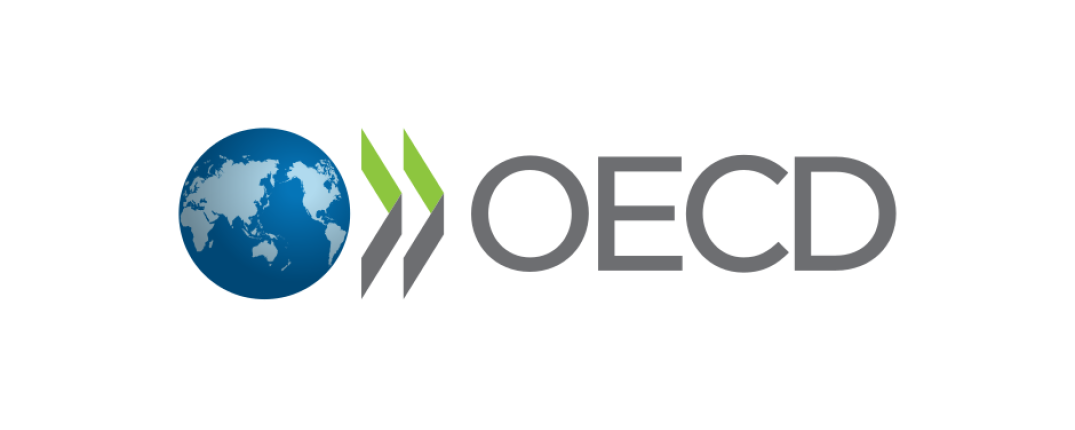
The OECD Due Diligence Guidance for Meaningful Stakeholder Engagement in the Extractive Sector is a set of guidelines developed by the Organisation for Economic Co-operation and Development (OECD) to assist companies in effectively engaging with their stakeholders, which is vital for responsible and sustainable operations in the extractive sector. Recently, industrial-level renewable energy has come under this standard in Scandinavia.
The guidance emphasises that meaningful stakeholder engagement is required throughout the design, operation and closure stages of projects, ensuring that the concerns & interests of affected or potentially affected communities and other stakeholders are taken into account.
Key points of the OECD Due Diligence Guidance for Meaningful Stakeholder Engagement include:
1. Stakeholder Identification and Mapping: Stakes, including concerns, interests, and aspirations linked to a proposed project need to be identified and mapped. This helps in understanding the perspectives and needs surrounding a project. Stakeholders are those who have some level of interest in these Stakes.
2. Engagement Framework: The guidance provides recommendations on designing and implementing an adequate stakeholder engagement framework, including the establishment of sufficient trust, clear objectives, a skill base for effective engagement , and procedures so the information gathered during the engagement process will influence decision making. This allows for meaningful participation and input by stakeholders.
3. Engagement Planning: Companies are advised to develop a stakeholder engagement plan to reach the desired outcomes of the engagement process. The guidance provides a range of methods and approaches for engaging with stakeholders, including consultations, dialogue sessions, grievance mechanisms, and collaborative decision-making processes for a diversity of stakeholders and their specific needs and interests.
4. Reporting and Communication: Companies are encouraged to regularly report to their stakeholders, providing clear and understandable information about the company's activities, possible impacts, and mitigation measures.
5. Collaboration and Partnerships: The guidance promotes shared learning within local partnerships. By working together, stakeholders not only ensure potential negative impacts are understood, acknowledged and addressed, but can contribute to the development of mutually beneficial solutions and enhance the positive impacts of the proposed project.
6. Monitoring and Evaluating: Companies should establish mechanisms to monitor, evaluate and report on the effectiveness of their stakeholder engagement efforts.
7. Continuous Improvement: The guidance emphasises the importance of ongoing learning and improvement in stakeholder engagement practices. Companies should regularly review and update their engagement strategies based on feedback and lessons learned.
The OECD Due Diligence Guidance for Meaningful Stakeholder Engagement in the Extractive Sector serves as a practical tool for companies to integrate stakeholder engagement into their operations. By implementing these guidelines, companies can enhance their social licence to operate, build trust with stakeholders, and contribute to sustainable development in the communities where they operate.
The full document can be downloaded here: https://www.oecd.org/publications/oecd-due-diligence-guidance-for-meaningful-stakeholder-engagement-in-the-extractive-sector-9789264252462-en.htm

